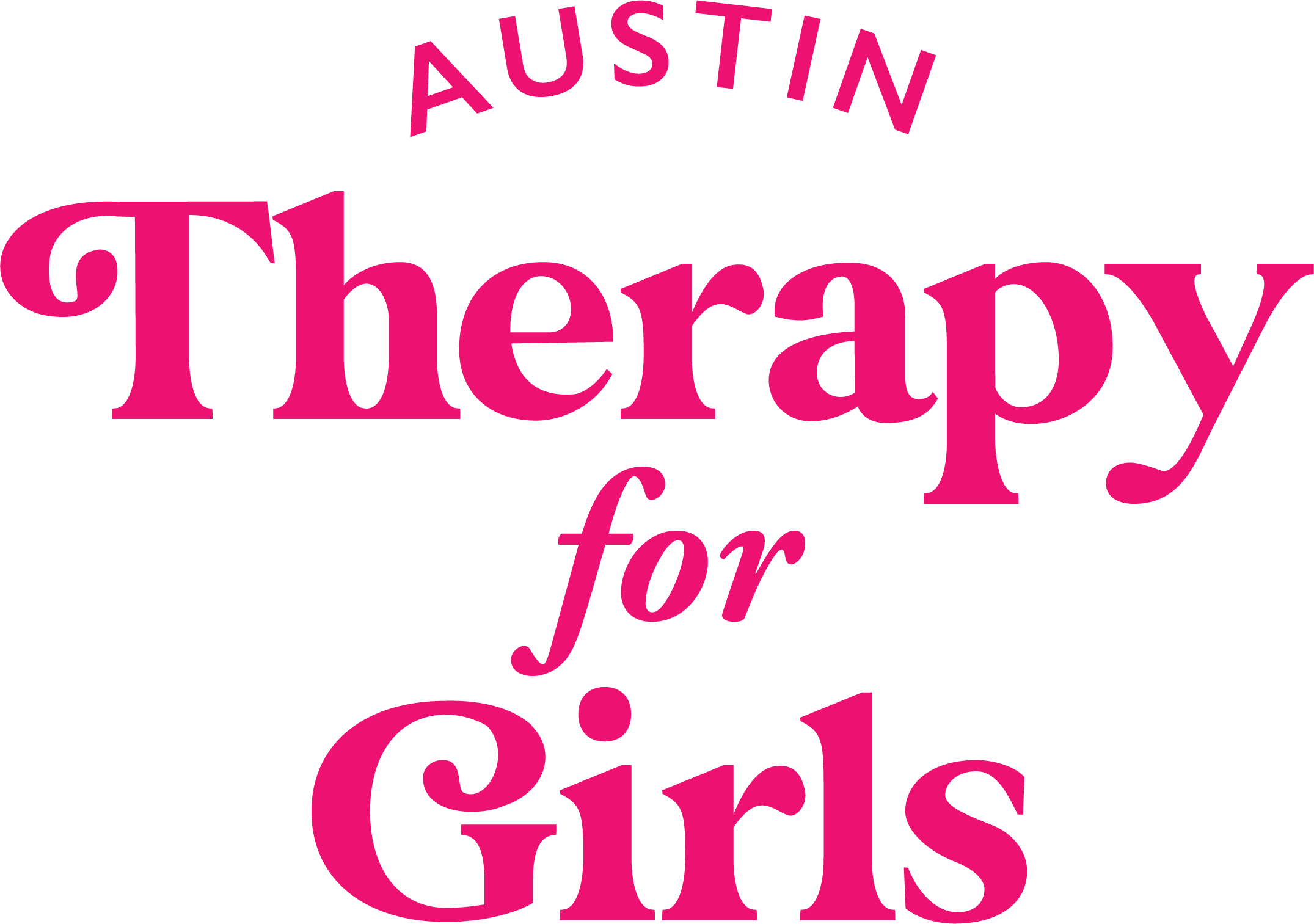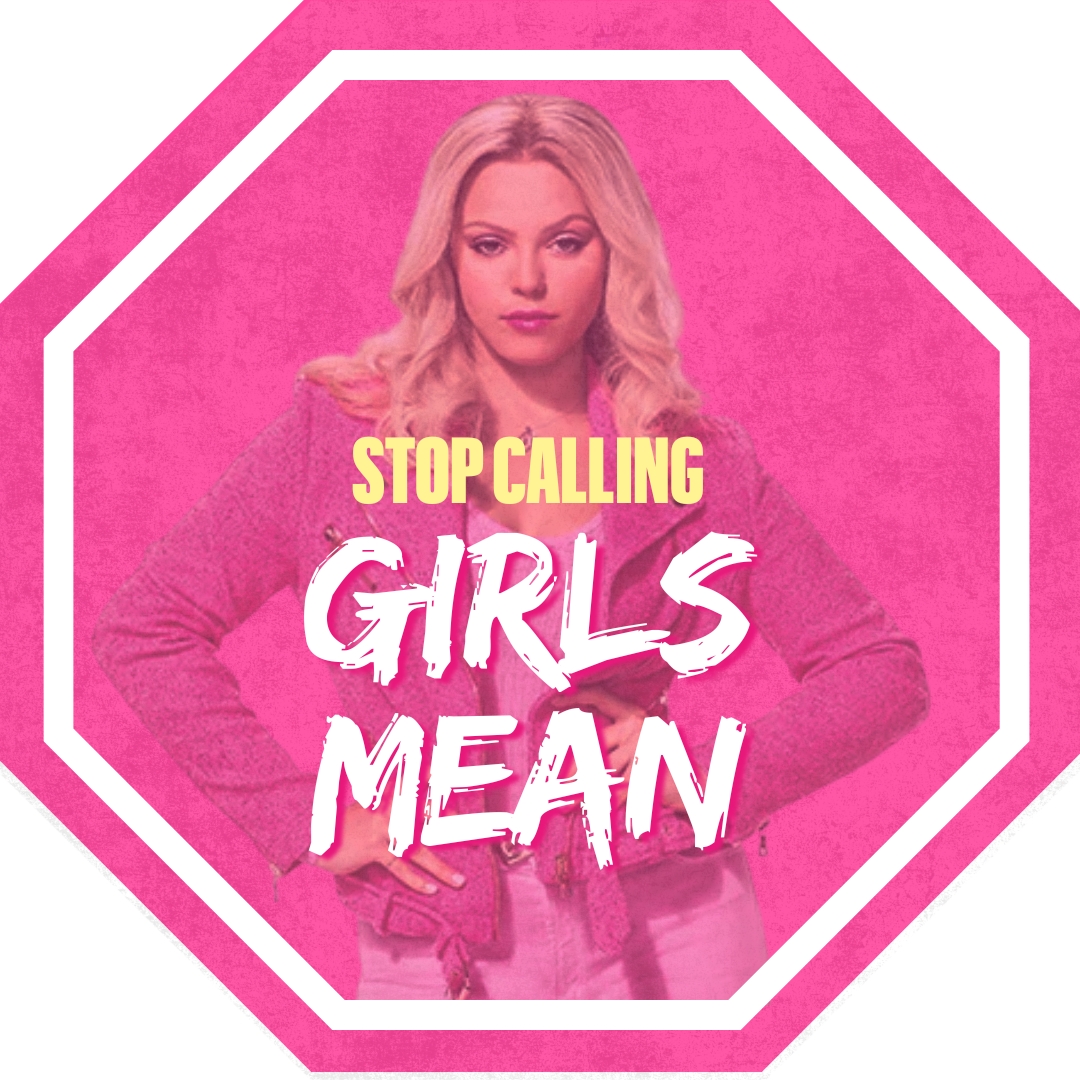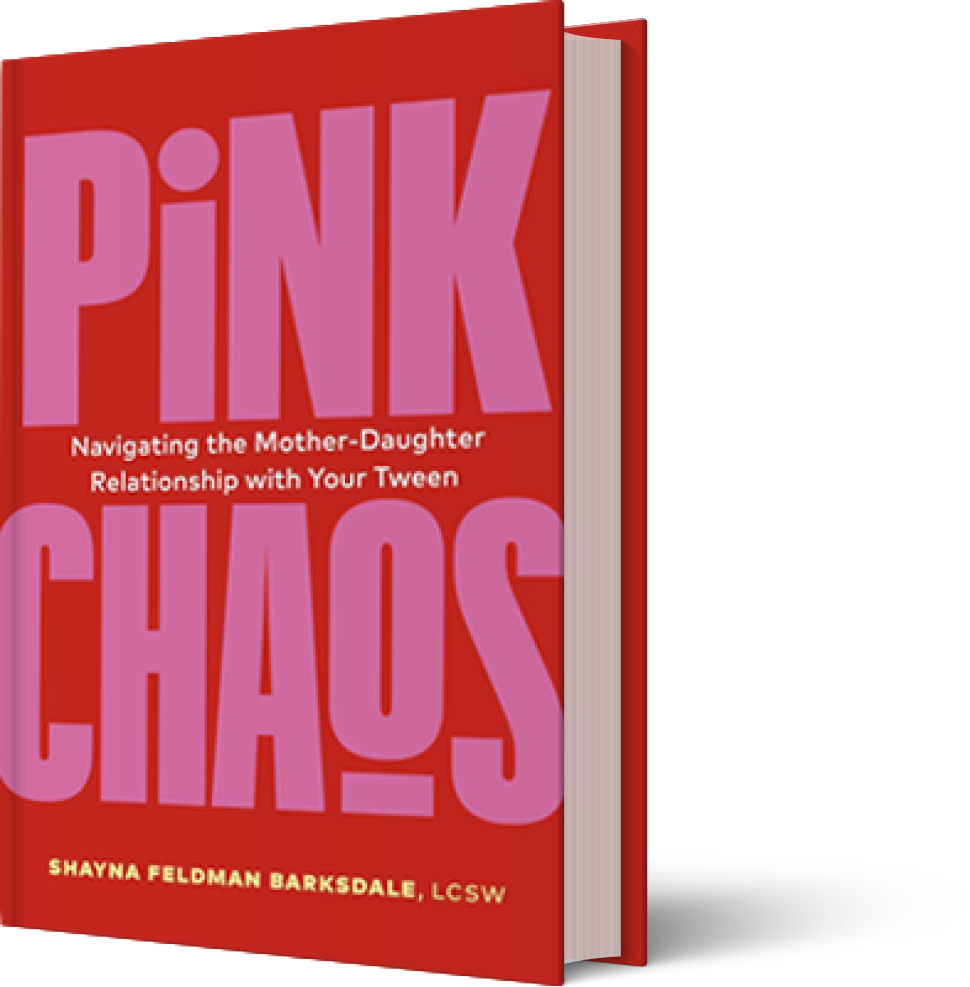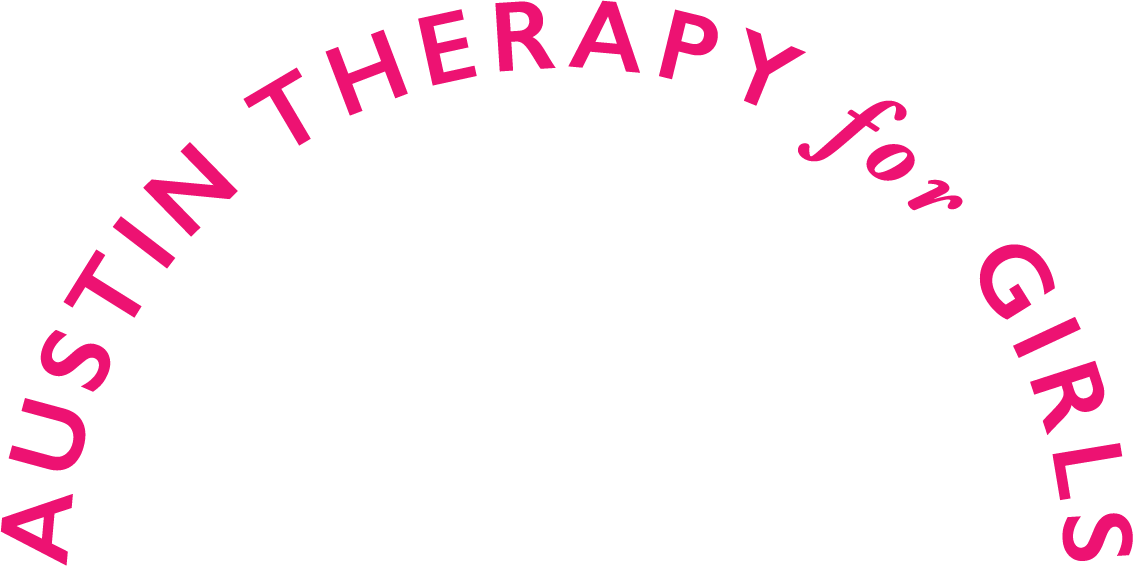Stop Calling Girls “Mean”: An October Pledge for Moms, Daughters, and Swifties Everywhere
The Super Bowl of Girlhood Culture
October is basically the Super Bowl for tween and teen girls—and their moms, too. Taylor Swift is releasing a brand-new album, and October 3rd is officially Mean Girls Day (yes, the day Cady Heron sat in front of Aaron Samuels in math class).
Both Taylor and Tina Fey have given us unforgettable lines about girlhood, but I think both would agree: it’s time we stop labeling girls as “mean.”
The Myth of the Mean Girl
In my book Pink Chaos, I write about the Myth of the Mean Girl and how damaging it can be when we accept this stereotype.
Here’s the truth: there are no “mean girls.”
Sure, girls sometimes hurt each other’s feelings or act in ways that sting—but labeling them mean shuts the door to empathy and growth.
At my therapy practice, Austin Therapy for Girls, we hear it all: exclusion, side-eyes, and those sneaky under-the-breath comments. Moms joke that the eye roll is basically the first sign of puberty. The truth is, what we often label as “mean” is usually just normal development.
Once estrogen kicks in, girls become laser-focused on relationships. And aren’t we all still figuring those out? (I know I am, even after 30 years as a social worker!)
What’s really happening is often about friendship struggles, insecurity, or social pressures. Researchers once used the term “relational aggression” to describe this, but that research is decades old and limited. Think: flip-phone era, narrow U.S. samples, and one-time surveys that blurred everyday drama with actual bullying.
The result? Girls were painted as uniquely cruel when really all kids struggle with relationships. Girls just happened to be the ones studied at that moment—and the label stuck.
It’s long past time to update how we talk about it.
Why Labels Hurt
Girls are not inherently mean—they’re complex, layered, and still figuring it all out.
When we teach girls that “mean” is their identity, it creates shame and reinforces the competitive culture they’re already up against.
Instead, we can:
- Teach them to name the behavior
- Share how it feels
- Work through conflict in healthy ways
That’s what builds resilience and stronger relationships.
The Sandwich Method: A Friendship Tool
At Austin Therapy for Girls, we love teaching the sandwich method for tricky friendship moments:
- Top bun: Start by reminding your friend the relationship matters. “Your friendship is really important to me.”
- Filling: Share how you feel with an “I feel” statement. “I felt ignored when you didn’t sit with me at lunch.”
- Bottom bun: Ask for connection or clarity. “Are we cool? Would you be willing to wave hello when we see each other?”
It doesn’t have to be perfect—it just has to open the door to understanding and remind her that the friendship matters.
Why I Still Love Tina Fey and Mean Girls
Let me be clear: I adore Tina Fey’s brilliance, and Mean Girls the Musical is still in my top five shows of all time—I could quote it line by line and belt out every song.
The movie and musical are satire—hilarious and painfully real at the same time. But as Tina Fey herself would likely say, comedy points out what needs to change.
From Mean to Meaningful
Instead of reinforcing the “Mean Girl” myth, let’s shift the conversation:
- No girl is mean all the time
- There’s always more beneath the surface
- Even Regina George had soft spots: kindness, trust, and the longing to belong
- Every friendship has seasons—just like Taylor’s “squad” shifted
- The goal isn’t perfection—it’s communication, repair, and self-respect
- True friendship should feel roomy enough to grow, not tight and suffocating
And speaking of mean—Taylor Swift turned that word into an anthem. Her song “Mean” isn’t about girls being cruel; it’s about refusing to be diminished or defined by labels. That’s exactly the energy we want our daughters to bring into their friendships.
A Pledge for October
This October—in what truly feels like the Super Bowl of girlhood culture—let’s celebrate Taylor’s new music, laugh with Mean Girls Day, and take the No More Mean Pledge together:
📜 The No More Mean Pledge
I pledge to stop calling girls (and women) “mean.” Instead, I will:
- Look for the story underneath the behavior
- Name and honor the feelings involved
- Use language that invites repair
- Remember that girls are layered, complex, and always worthy of compassion
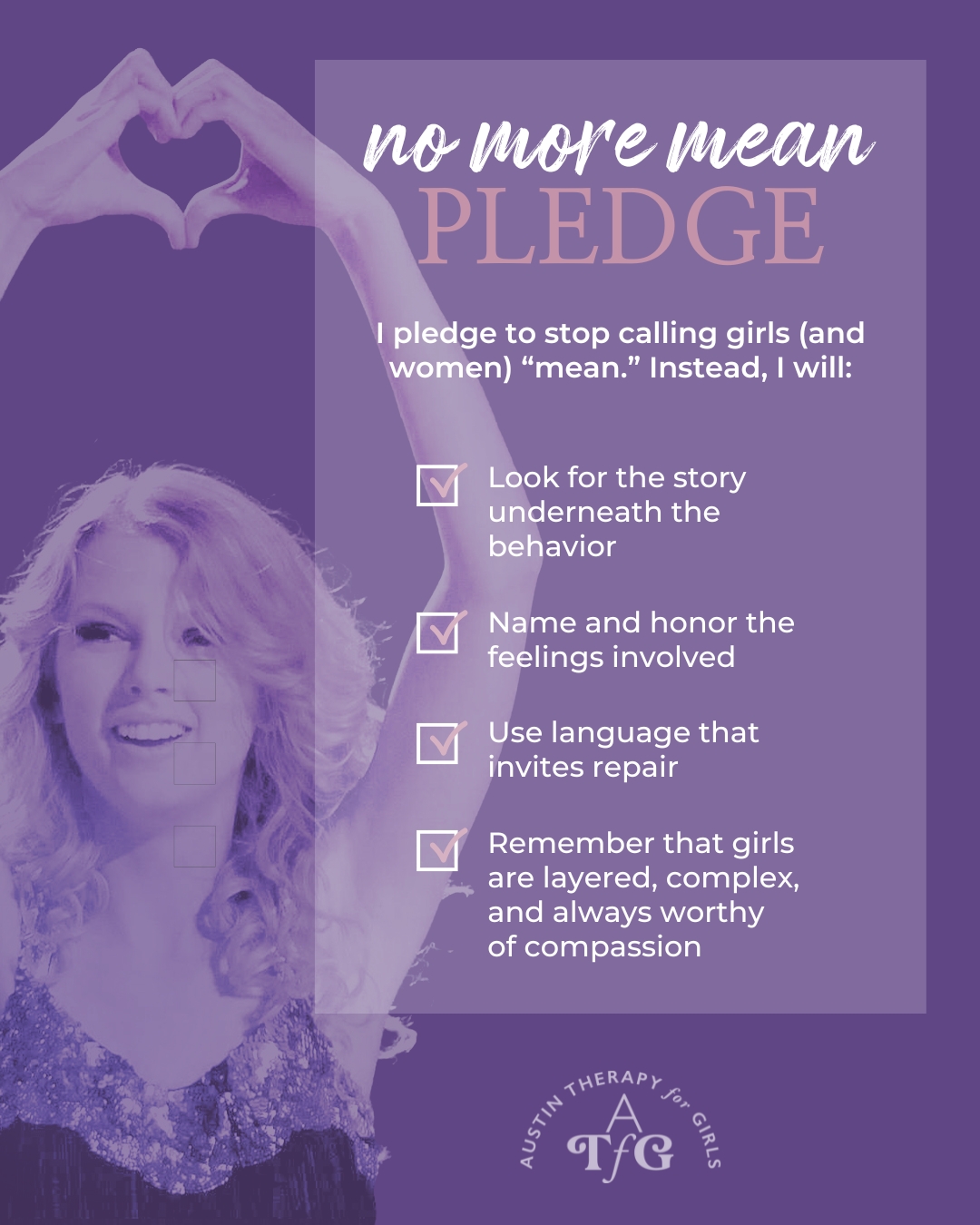
At Austin Therapy for Girls, we’ll keep wearing pink on Wednesdays and turning up Taylor’s showgirl energy on repeat. No name-calling. No belittling. We’re too busy living our glittery, showgirl lives. ✨


